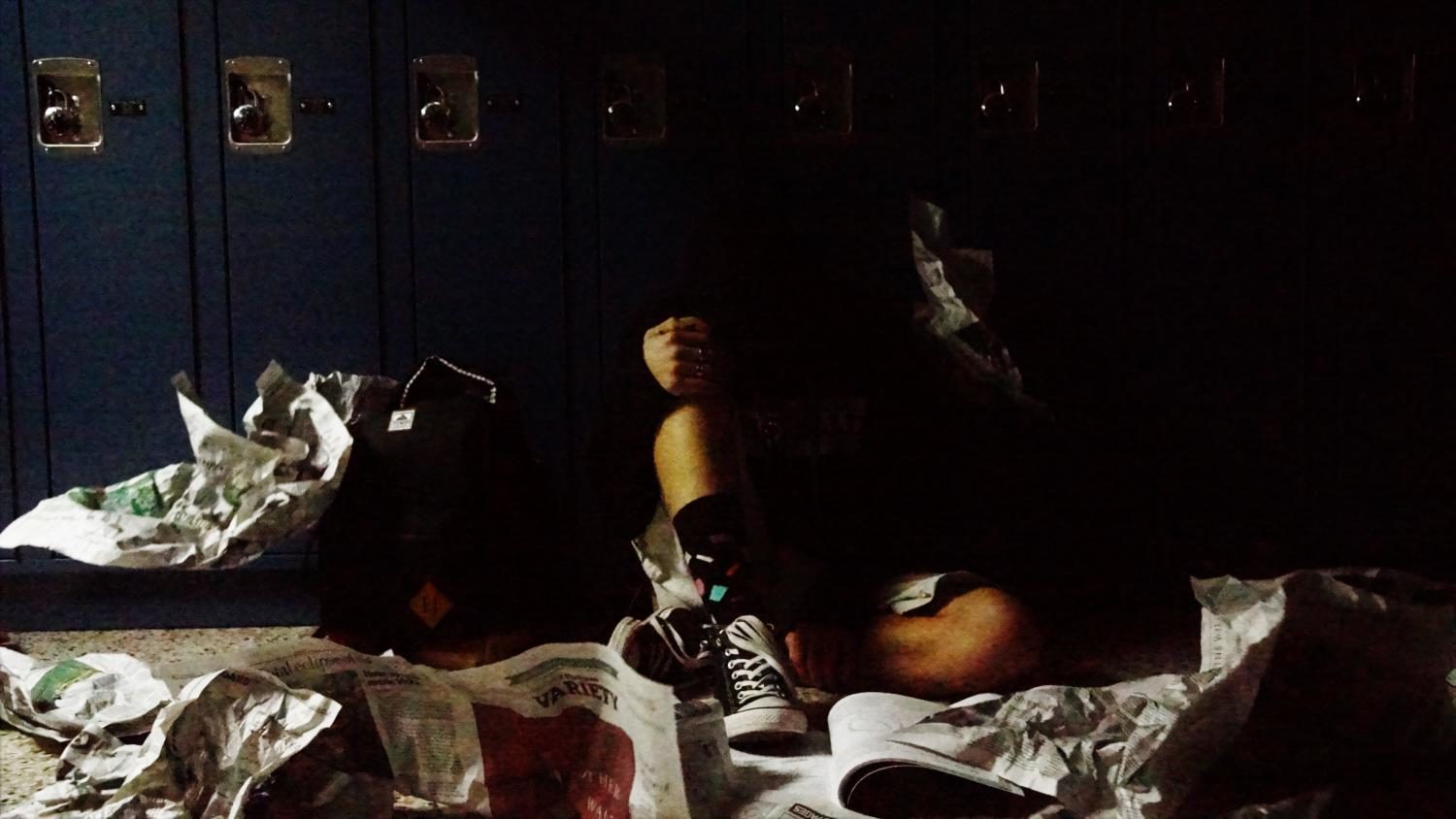Beating procrastination: A student’s universal struggle with time management
September 29, 2017
The school year has begun, and the assignments are starting to roll in. Because many Minnetonka students have such full schedules, developing good time management skills is imperative. Looking back now as a senior, I can tell you that the quality I am most proud of is my ability to get things done on time.
Do you want to beat procrastination? Have a paper due soon week? Just follow these steps:
- Put the assignment into Notability the day it is assigned. Wow, you’re really cruising. I think it’s time for you to get a reward for being so proactive.
- Open up Netflix, and watch just one episode of Grey’s Anatomy. What? Christina’s having an existential crisis? Maybe just one more.
- One season later, fall asleep.
- Take a little break from your essay. A watched pot never boils. You need some time to clear your head. You do your best thinking when you’re not stressing about school.
- It’s the night before the paper is due: chug a Monster and finish that thing! Why did you wait so long? You have terrible time-management skills! You’re never doing this again!
If you haven’t already figured it out, I’m not very good at managing my time. In fact, I wrote this article on the day it was due. So, I decided to get some advice from the people who know what they’re talking about.
Carrie Raddie is the 504 coordinator at Minnetonka High School, and she is launching a program with six monthly before-school classes for those who need some help with some aspect of executive functioning: organizational skills, time management, and/or note-taking skills.
She says, “All people in life, not just high school students, could use some additional training and skills in time management and looking at how they spend their time and prioritize things. Any student, whether they are in all AP classes or in lower level classes, can benefit from looking at how they spend their time and structure their work.”
Raddie notes that most students procrastinate because of a lack of motivation or a lack of time. And, because of the various reasons behind each of these, she stresses the importance of individualizing strategies to overcome procrastination. This is why her before-school program will have limited class sizes of only about six-student cohorts.
Nonetheless, the 504 coordinator envisions bigger things for her program. “Kids want such a program for themselves. I envision it to be an academic support center where there would be an intake form and personalized tracks like a study skills group, a note-taking group, and one-on-one coaching. The University of Minnesota has different tracks: one for students failing, one for freshmen, etc. It’s important to personalize and individualize because that’s who we are at Minnetonka.” Raddie has faith that such a support center, which may be similar to the Writing Center, would draw students who know that they would benefit from such support.
Connor Brandt, a writing coach through the Writing Center, surveyed Minnetonka students in all four grades last year for his research project, and he, similar to Raddie recognizes that many Minnetonka students struggle with procrastination. Out of those surveyed, more than half admitted that they always or often procrastinate, and only 15% said that they rarely or never procrastinate. In addition, Brandt found that MHS students believe that procrastination is harmful, with just under half of all students responding that they believe they receive a ‘worse’ score as a result of procrastination.
Nonetheless, Brandt is critical of an academic support program. He says, “Time management skills are things where theoretically you come in once or twice and you should be good for. Something more like the Academic Anchors would be a much better spot to include this in because they could have the tutors give out advice in a one-on-one, case-by-case basis.”
It is clear that MHS students may struggle at times with time management and that many would benefit with some sort of help with this. However, how this help will look in the future remains to be seen. For now, it might just be best to turn off that Netflix, open up your iPad, and get working!






























